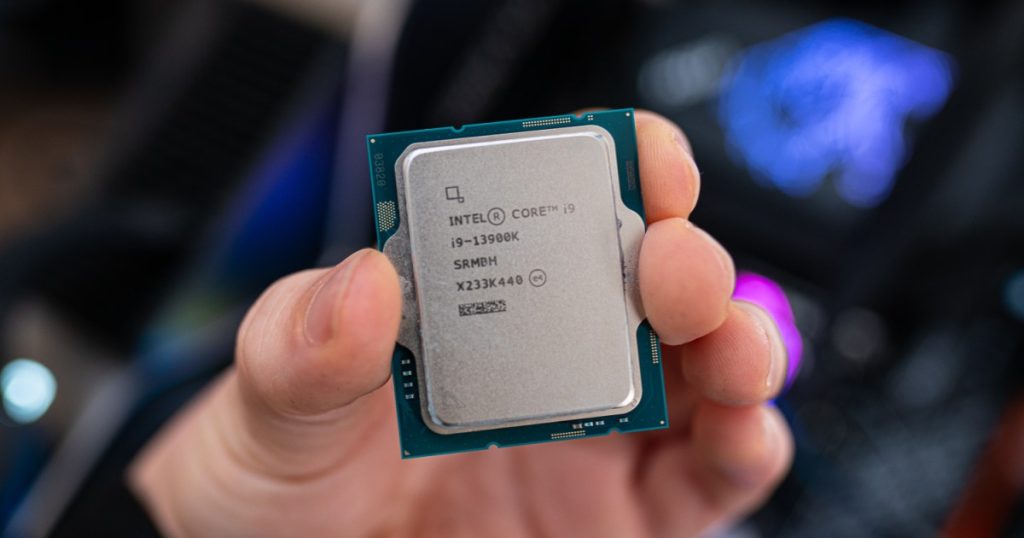Reports have emerged that Intel’s high-end CPUs like the Core i9-13900K and the Core i9-14900K are experiencing stability issues in Unreal Engine 4 and 5 games. Frustrated users have reported shader compilation issues in certain games, leading to crashes. A workaround solution has been discovered, but a permanent fix remains elusive.
Incidents of these issues have been widely discussed on various Steam forums and Reddit communities, especially following attention drawn to the problems by Sebastian Castellanos on X (formerly Twitter). Gamers are encountering these issues primarily in UE4/5 games and experiencing crashes to the desktop during the initial shader compilation stage. Affected titles include Hogwarts Legacy, Fortnite, Remnant 2, Nightingale, and more.
Seeing a worrying trend with some Intel 13th/14th gen CPUs having stability issues with UE4/UE5 games (like Fortnite, Remnant 2, Hogwarts Legacy etc.) specifically during the initial shader comp process, which apparently exposes "bad CPUs" and requires an underclock to stabilize: pic.twitter.com/0Qse0azI1r
— Sebastian Castellanos (@Sebasti66855537) February 20, 2024
Much speculation exists regarding the cause of these issues. However, a common workaround involves underclocking the P-core multiplier, which many have found to resolve the problem. While overclocking is known to cause stability issues, some users claim that their CPUs were operating at stock speeds when these crashes occurred.
Numerous accounts on Steam’s Nightingale discussion boards have compiled similar complaints from Intel CPU owners, with one user declaring, “Your CPU is faulty and has core errors. It’s not your GPU, it’s your CPU.” However, other users speculate that the problem may be related to hyperthreading in combination with UE5, affecting only the initial shader compilation. Nonetheless, some reports counter this, stating that crashes occur in DirectX12 games in general, not specifically UE5.
I built a new gaming PC for myself back when the 4090 launched. I upgraded from a 12900K to a 13900K & everything ran well besides the high temperatures that were within the TjMax limit but hit 95C using a high end AIO cooler.
A few months later. I started having the same issues https://t.co/ASMgCRrFu8
— Hassan Mujtaba (@hms1193) February 21, 2024
RAD Game Tools, the company behind Oodle, a suite of data-compression technologies used in games to optimize loading times and performance, has provided a comprehensive update on the problem, offering useful troubleshooting tips and possible fixes for various motherboards to help users disable overclocking.
“As far as we can tell, there is not any software bug in Oodle or Unreal that is causing this,” said RAD Game Tools. “Due to what seem to be overly optimistic BIOS settings, some small percentage of processors go out of their functional range of clock rate and power draw under high load, and execute instructions incorrectly. This problem does not only affect Oodle, and machines that suffer from this instability will also exhibit failures in standard benchmark and stress test programs. Any programs which heavily use the processor on many threads may cause crashes or unpredictable behavior.”
If you’re experiencing issues in AAA games on one of Intel’s latest CPUs, your best course of action may be to underclock the chip and try again. While this is more of a workaround than a fix, it appears to be the most reliable solution. Nevertheless, it remains uncertain whether Intel will provide all the necessary fixes, as there are several potential sources of issues involving software, hardware, or motherboard manufacturers.
Editors’ Recommendations


